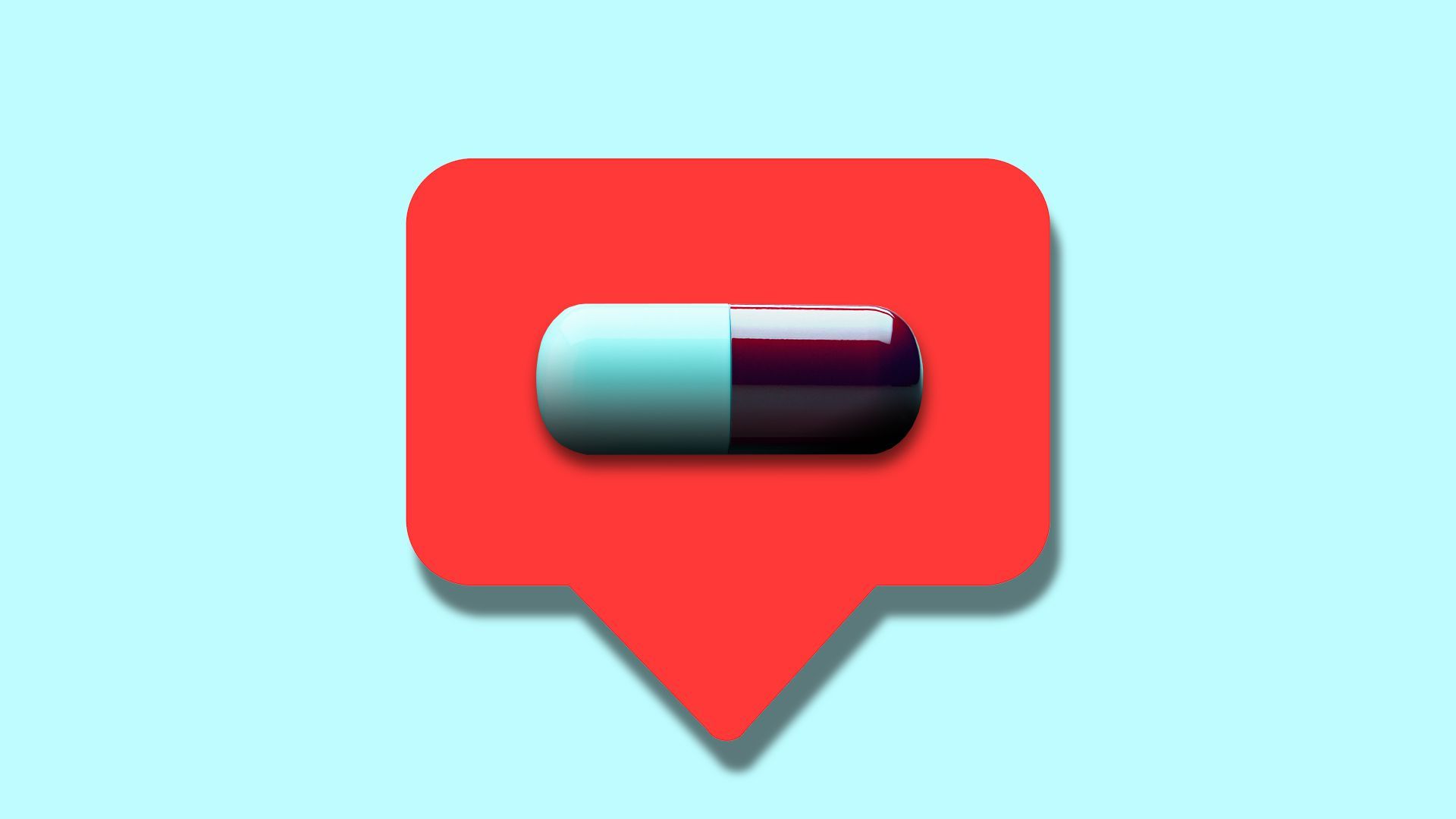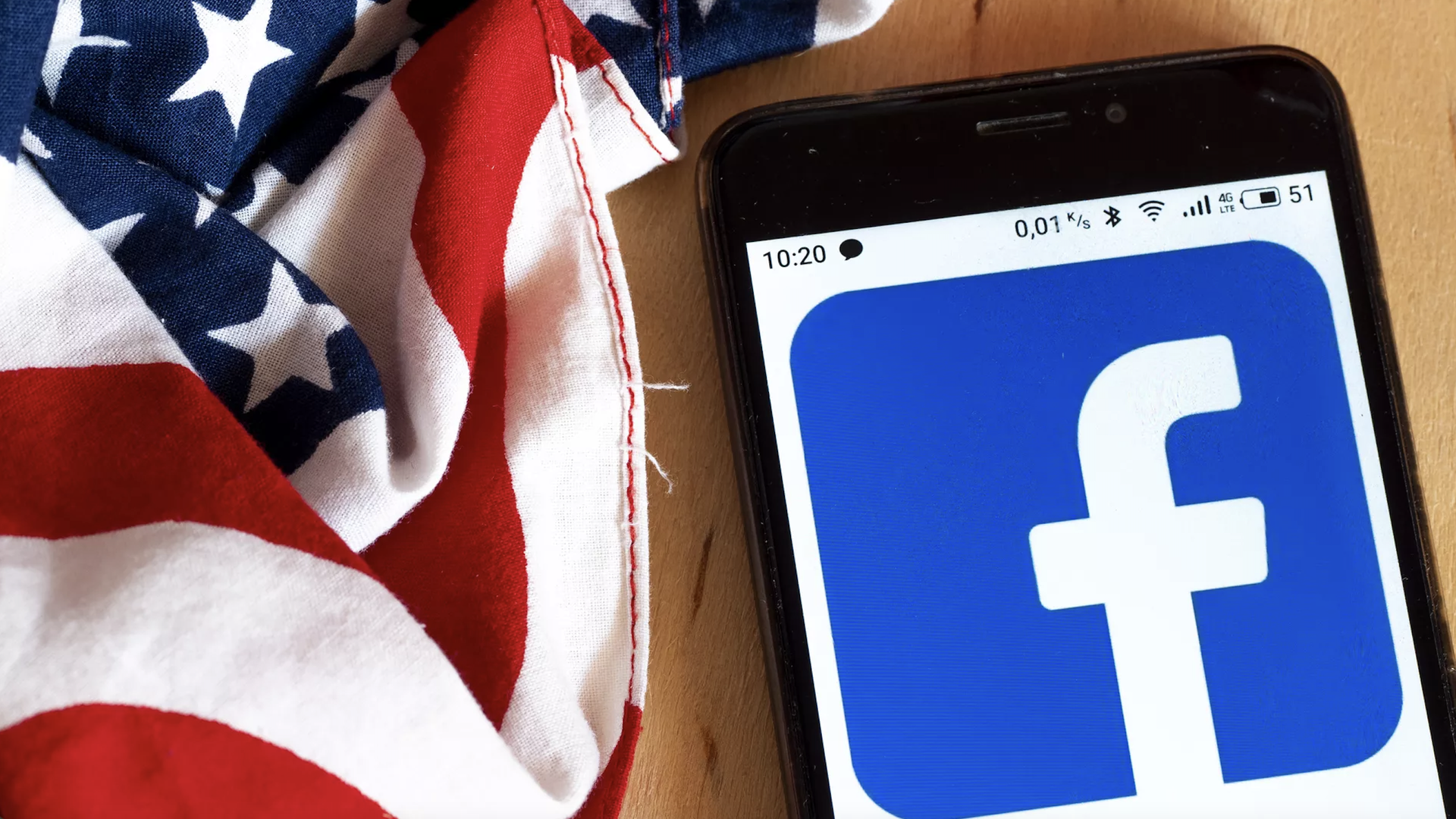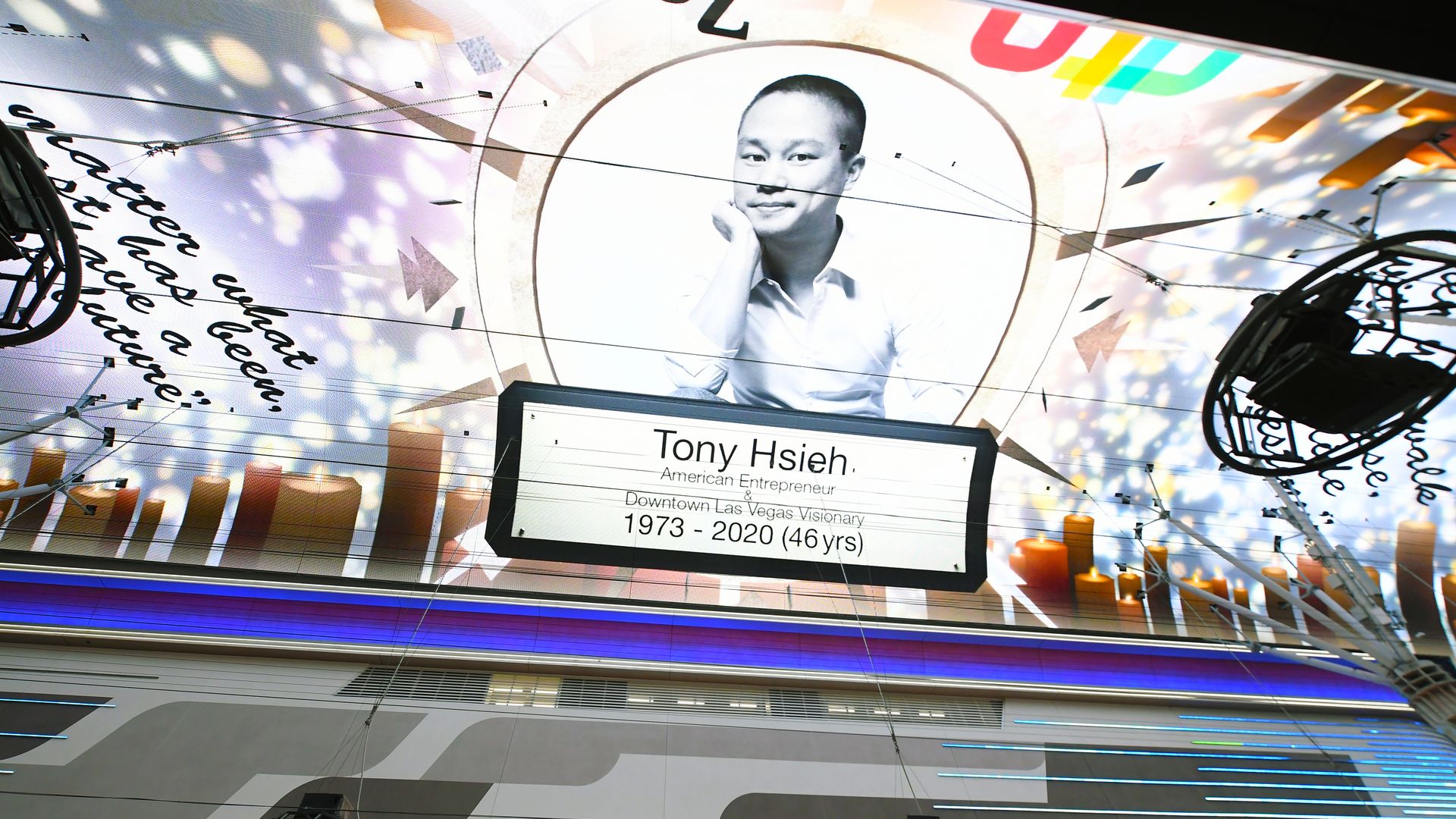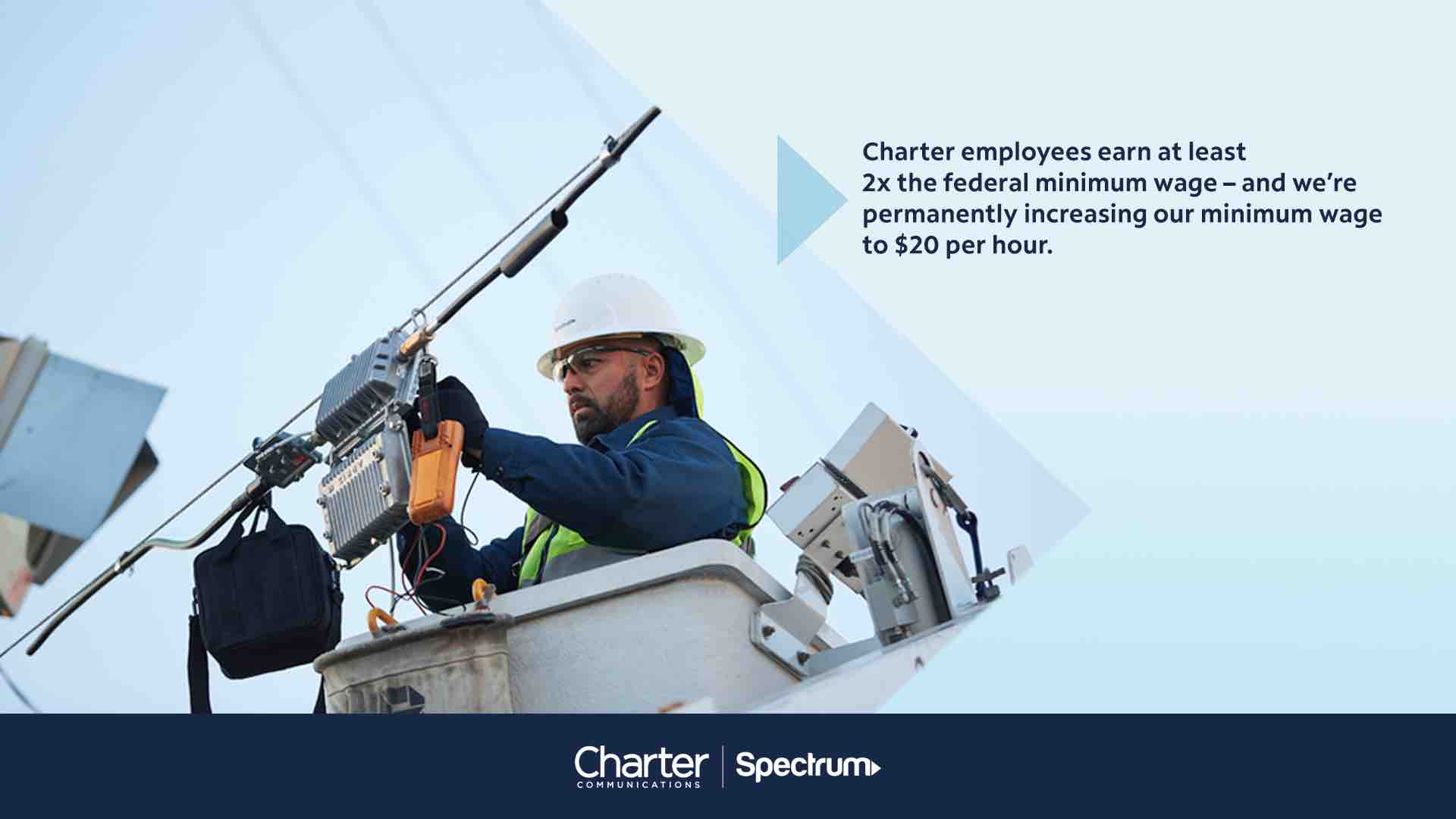| | | | | | | Presented By Charter Communications | | | | Login | | By Ina Fried ·Nov 30, 2020 | | I hope you all had a meaningful Thanksgiving, if not quite a normal one. We had some lovely time in nature, and it's good to be back. And thanks to Scott Rosenberg and the Axios tech team for keeping you up to date while I was gone. Plus: Join Axios tomorrow at 12:30pm ET for a World AIDS Day and Giving Tuesday virtual event featuring Every Mother Counts founder Christy Turlington Burns, ONE Campaign president and CEO Gayle E. Smith and Churches Health Association of Zambia head of Advocacy, Planning and Development Yoram Siame. Today's Login is 1,598 words, a 6-minute read. | | | | | | 1 big thing: The social media addiction bubble |  | | | Illustration: Annelise Capossela/Axios | | | | Right now, everyone from Senate leaders to the makers of Netflix's popular "The Social Dilemma" is promoting the idea that Facebook is addictive. Yes, but: As Scott Rosenberg reports, human beings have raised fears about the addictive nature of every new media technology since the 18th century brought us the novel, yet the species has always seemed to recover its balance once the initial infatuation wears off. Why it matters: The "addiction" label, which has long divided experts, may blind us to actual solutions to social media problems. The big picture: "Facebook addiction" is not a formal diagnosis in the psychology manual, but a growing body of scholarly work describes the phenomenon, and a wide familiarity with the habit-forming experience of social media feeds gives it credibility. The September debut of "The Social Dilemma" on Netflix sounded this alarm for millions of viewers. - The documentary centers on former Google engineer Tristan Harris, who has been leading the assault on social media as a cofounder of the Center for Humane Technology.
- Harris started talking about smartphones as "slot machines" years ago: "Every time I check my phone, I"m playing the slot machine to see, 'What did I get?' This is one way to highjack people's minds, to form a habit."
- At a Nov. 17 hearing to grill Facebook CEO Mark Zuckerberg and Twitter CEO Jack Dorsey, Senate Judiciary Committee chairman Lindsey Graham borrowed Harris' "slot machine" language and promised further inquiries.
The catch: For psychologists, "Facebook addiction" is a subset of "internet addiction." - "Internet addiction" follows previous alarms over video game addiction, TV addiction, comic book addiction and so on.
- Every new media technology or format, particularly those that gain popularity among younger users, has sparked a wave of fear and concern among adults that kids' attention is being hijacked and their minds are being warped.
- Media historians call these reactions "moral panics," and many view them as ways of deflecting attention from deeper social ills.
Facebook largely rejects claims that its service addicts users by design. - In a Facebook document rebutting "The Social Dilemma," the company argues, "Facebook builds its products to create value, not to be addictive."
- "We certainly do not want our products to be addictive," Zuckerberg told Graham at the Senate hearing. "We want people to use them because they're meaningful."
- Of note: Twitter's Dorsey took a different line: "I do think, like anything else, these tools can be addictive and we should be aware of that, acknowledge it, and make sure that we are making our customers aware of better patterns of usage."
Between the lines: Critics of the addiction theory of social media argue that it makes people feel more powerless than they are. - "The Four Myths of Healthy Tech," by Amanda Lenhart and Kellie Owens of the Data & Society research group, argues the social media addiction theory is a form of "biological determinism" that discounts the roles played by culture and individual agency.
Addiction theories also promote a sense of powerlessness by imposing "all or nothing" thinking, as sociologist Sherry Turkle argued in her 2011 book "Alone Together." - "To combat addiction, you have to discard the addicting substance," Turkle wrote. "But we are not going to 'get rid' of the internet."
Our thought bubble: Addictions typically are driven by an effort to numb pain or escape boredom, and solutions need to address the demand for the addiction, not just the supply. - People with fulfilling jobs, healthy families and nourishing cultures are a lot less likely to get addicted to Facebook or anything else.
|     | | | | | | 2. Exclusive: Facebook's blackout didn't dent political ad reach |  | | | Photo: Valera Golovniov/SOPA Images/LightRocket via Getty Images | | | | Americans saw more political ads on Facebook in the week before the 2020 election than they did the prior week despite the company's blackout on new political ads during that period, according to Global Witness, a human rights group that espouses tech regulation. Why it matters: The presidential election was a key stress test for Facebook and other leading online platforms looking to prove that they can curb misinformation. But, as Kyle Daly reports, critics contend measures like the ad blackout barely made a dent. Yes, but: The company never intended for the blackout period to diminish the reach of political advertising. Rather, it helped Facebook avoid showing last-minute ads that might have misleading messages — aimed, say, at discouraging people from voting — which the company would not have had time to review and block. - "Requiring all political ads to be submitted 10 days before the election ensured our political ads library was fully populated in advance — and that all the ads would be available for scrutiny," a Facebook spokesperson said in a statement supplied to Global Witness. "This was an important measure to combat misinformation."
The other side: "Transparency is just a starting point," Naomi Hirst, head of the Digital Threats Campaign at Global Witness, said in a statement, adding that it was "an impossible job" for outside fact-checkers and the general public to gauge whether certain ads were problematic. - "Moreover, Facebook's ad library doesn't allow civil society to see how ads were micro-targeted, preventing anyone from outside the platform from knowing whether an ad was targeted in a polarizing or discriminatory way."
By the numbers: In its research, shared exclusively with Axios, Global Witness found that, per data derived from the Facebook Ad Library: - Political ads were shown roughly 5.3 billion times on Facebook in the U.S. in the week before the election, a 5% increase over the prior week.
- Facebook took in around $110 million from political ads in the week before the election, just 4% below the prior week.
Where it stands: The ban on new U.S. political ads has remained in place since Nov. 3, as misinformation has swirled about the processes and results of the election. |     | | | | | | 3. Coinbase under fire for its treatment of Black employees | | Black employees left leading cryptocurrency startup Coinbase en masse over the past two years, fleeing what many described as a hostile workplace, according to a blistering New York Times piece Friday. Why it matters: The tech industry has a broad and substantial problem with the hiring, retention and promotion of underrepresented groups, especially Black and Latino workers. Details: According to the Times report: - 75% of the company's Black workers were either fired or quit in late 2018 and early 2019.
- 11 of those 15 workers alerted HR to racism and discrimination issues they faced, the Times reported. (Coinbase said in a pre-emptive response to the story that it received only three complaints, which it investigated and found no wrongdoing.)
- One manager reportedly suggested a Black employee was dealing drugs and carrying a gun — an allegation made in front of her co-workers. Another worker said that at a recruiting meeting, one of her co-workers "described Black employees as less capable."
Between the lines: Coinbase recently declared itself an apolitical workspace, offering buyouts to workers who didn't want to be part of a company that refused to take stands on social issues and banned political talk at the workplace. The big picture: Earlier this year, employees at Pinterest also went public with allegations of racism and discrimination, while virtually all the big tech companies have been criticized for a lack of progress in hiring and promoting underrepresented groups — and especially Black workers. |     | | | | | | A message from Charter Communications | | Keeping the communities we serve connected when it matters most | | |  | | | During these difficult times, Charter has focused on our commitment to keep people connected to what matters most. To date, we have: - Provided free broadband to 450,000 teacher and student families.
- Kept 700,000 people connected.
- Forgiven $85 million in customer debt.
Learn more. | | | | | | 4. Remembering Tony Hsieh 1973-2020 |  | | | A tribute to Tony Hsieh is displayed on the Fremont Street Experience attraction's Viva Vision screen in Las Vegas, Nevada. Photo: Bryan Steffy/Getty Images. | | | | Longtime Zappos CEO Tony Hsieh died Friday after being injured earlier in the week during a house fire. He was 46. The big picture: Hsieh was known for his unique approach to management and, following the 2008 recession, for his ongoing investment and efforts to revitalize the downtown Las Vegas area. - After investing in Zappos in 1999 and running the online shoe seller, he sold the company in 2009 for about $1.2 billion to Amazon, where he stayed until stepping down just this past August.
There are tons of tributes that have poured in, a testament to how many lives were changed by Hsieh. Here are a few that stood out to me. What they're saying: - Entrepreneur Josh Reich: "Back in the early days of Simple I tried to poach his head of customer service. He found out and made a counter-offer: we could come to meet his team and they'd teach us about how they operated."
- Journalist and author Paul Bradley Carr: "The true test of friendship in the tech industry, I think, is if someone still acts like a friend when they don't need anything from you. When, in fact, there's nothing you *can* give them."
- Blogger Om Malik: "With Tony's passing, I feel something special has ended. I can't put my finger on it. Maybe a certain innocent aspect of the early possibilities of the Internet. Maybe I feel the contrast of those days to a now that is more mercenary, less friendly, and more polarized."
Go deeper: Zappos CEO Tony Hsieh's legacy, from tech leaders who knew him well (Forbes) |     | | | | | | 5. Take Note | | On Tap ICYMI |     | | | | | | 6. After you Login | | Check out the oldest surviving pair of Levi's jeans, dating back to 1879, found in a gold mine 136 years later. |     | | | | | | A message from Charter Communications | | Charter is investing in their employees | | |  | | | | Connectivity matters more than ever. As we face these challenging times together, Charter's 95,000 employees have stepped up to help Americans stay connected. That's why Charter is investing in them, now and in the future – including by permanently increasing its minimum wage to $20 an hour. | | | | | | Axios thanks our partners for supporting our newsletters.
Sponsorship has no influence on editorial content. Axios, 3100 Clarendon Blvd, Suite 1300, Arlington VA 22201 | | | You received this email because you signed up for newsletters from Axios.
Change your preferences or unsubscribe here. | | | Was this email forwarded to you?
Sign up now to get Axios in your inbox. | | | | Follow Axios on social media:    | | | | | |






No comments:
Post a Comment